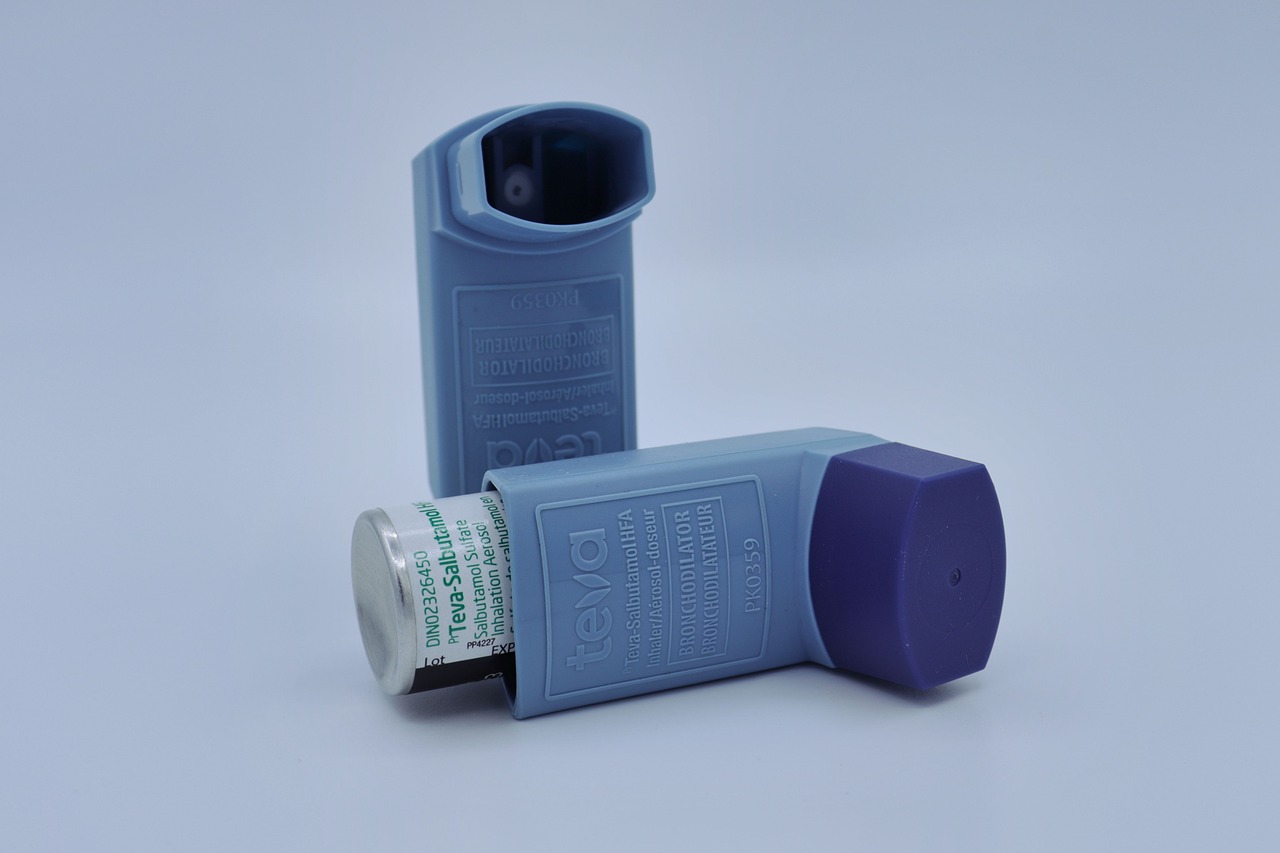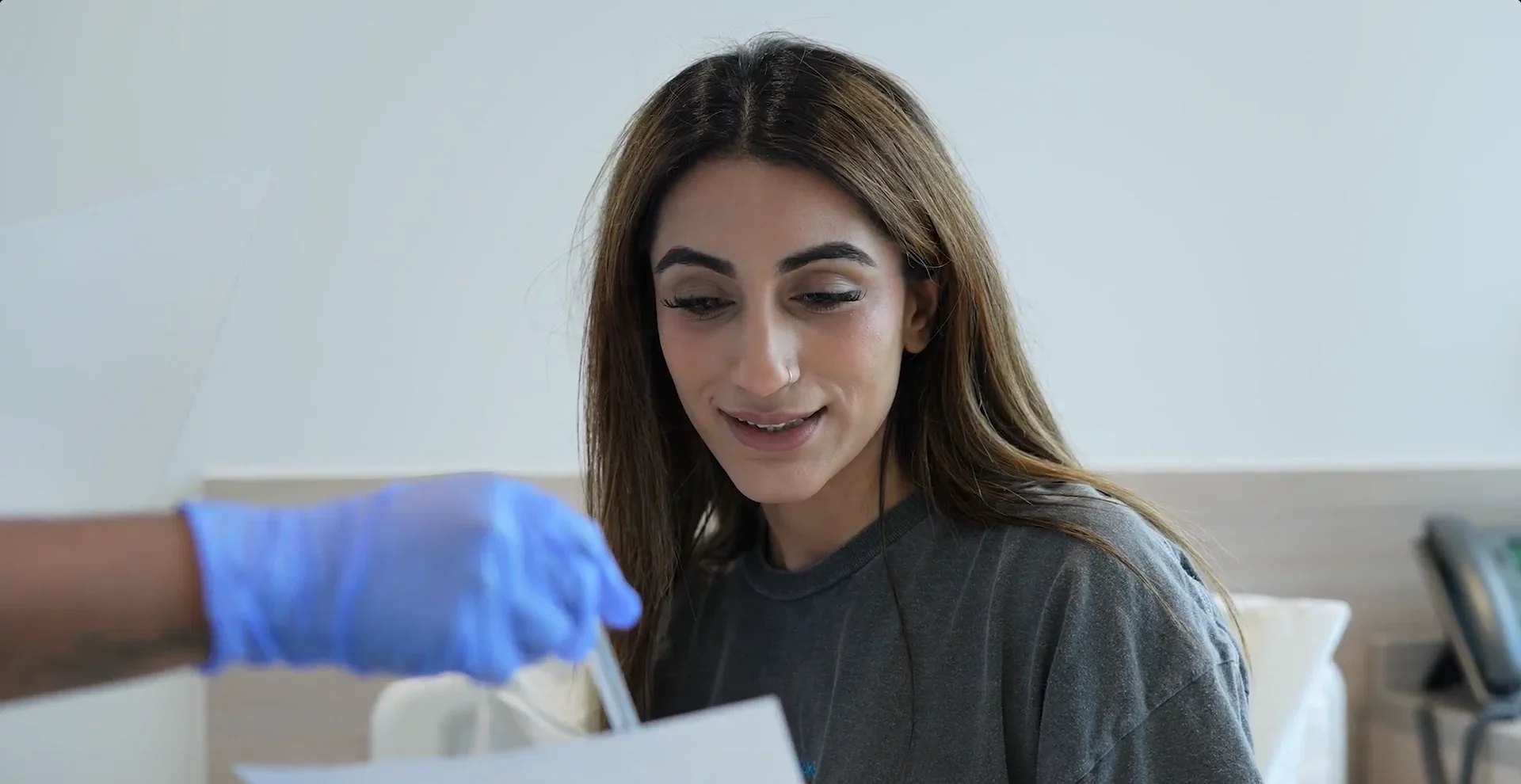April saw the National Institute of Health (NIH) announce that it had begun testing the first-ever universal flu vaccine on people, in a move designed to offer more protection against the flu than ever before.
As part of the testing, researchers will “gradually inject 53 healthy adults between the ages of 18 and 70 with the vaccine”, before monitoring the way the test subjects’ immune systems respond over 12 to 15 months. The goal of the testing is to develop a universal flu vaccine that will give people “long-term immunity” against the virus, helping to ensure that the flu no longer has to be such a worry for vulnerable members of society during the colder months.
Why do we need a universal vaccine?
Flu is commonly referred to as “seasonal flu”, and associated with the colder months of the year. This is largely due to the scale of infections picking up in the winter, with different strains of the virus appearing each year. It’s because of these variations that the current preventative solutions involve scientists creating a new flu vaccine every year, designed specifically to protect against the viruses that are known to be circulating at that period in time.
A universal flu vaccine, like the one being trialled now, would target “components of the disease that exist in many strains of the flu, regardless of how the disease mutates”. This would work differently to the current vaccine, which is created annually based on the viruses that are prevalent during that particular season. Researchers have said that, should this new type of flu vaccine be successful, it could make annual flu shots, which “target different strains of the flu each year”, entirely obsolete.
Prioritising protection
It’s important to remember that healthcare professionals still recommend getting a flu shot every year until a new, better solution comes along, as this is one of the only ways to stay protected against new or re-emerging flu strains. While the flu vaccine may not always offer full protection against infection, it does still decrease your chances of contracting the illness, and helps to ensure that it is less severe if you do get it.
The researchers behind this phase of testing will begin to report their findings next year, at which point we will begin to get a feel for whether this route into a universal vaccine is going to get us closer to the end goal.
In the meantime, we will continue to work on understanding more about the common cold and flu viruses, in a bid to help find more effective ways to combat them. But we can’t do it without your help. Find out more about taking part in one of our trials today, or fill in our quick form to see if you’re eligible.
















